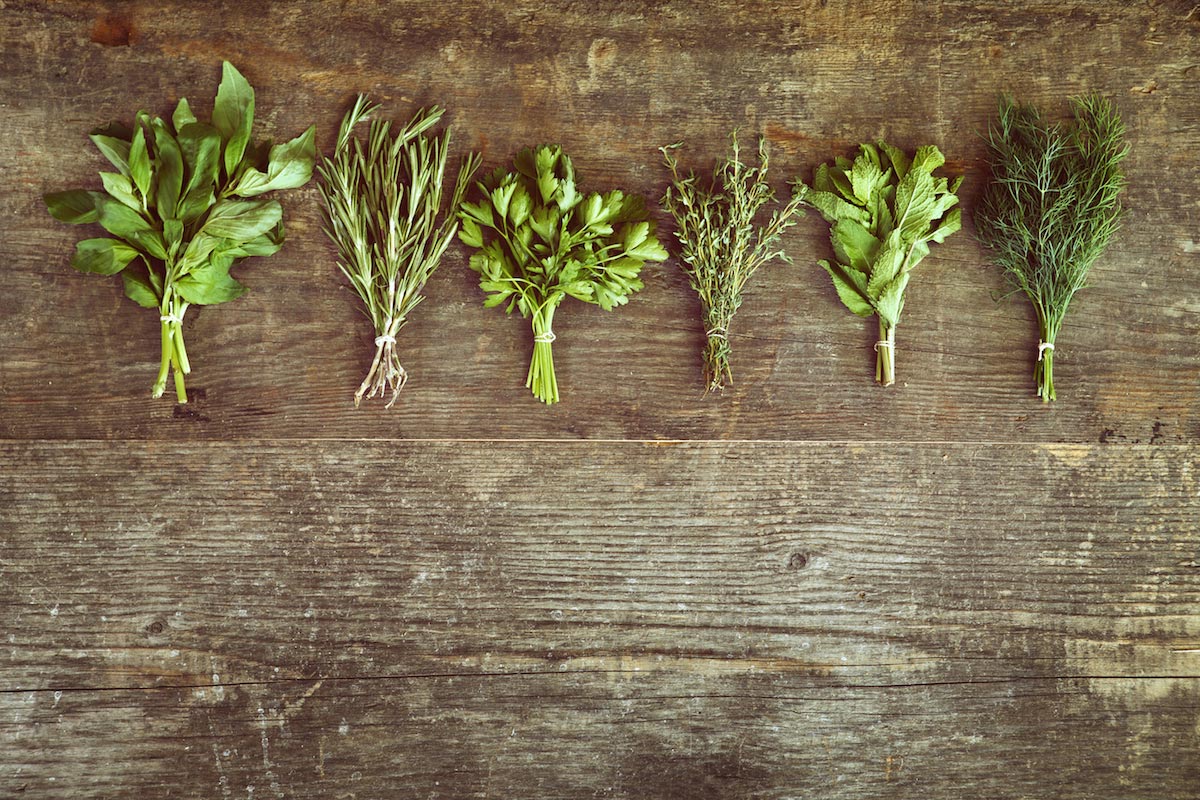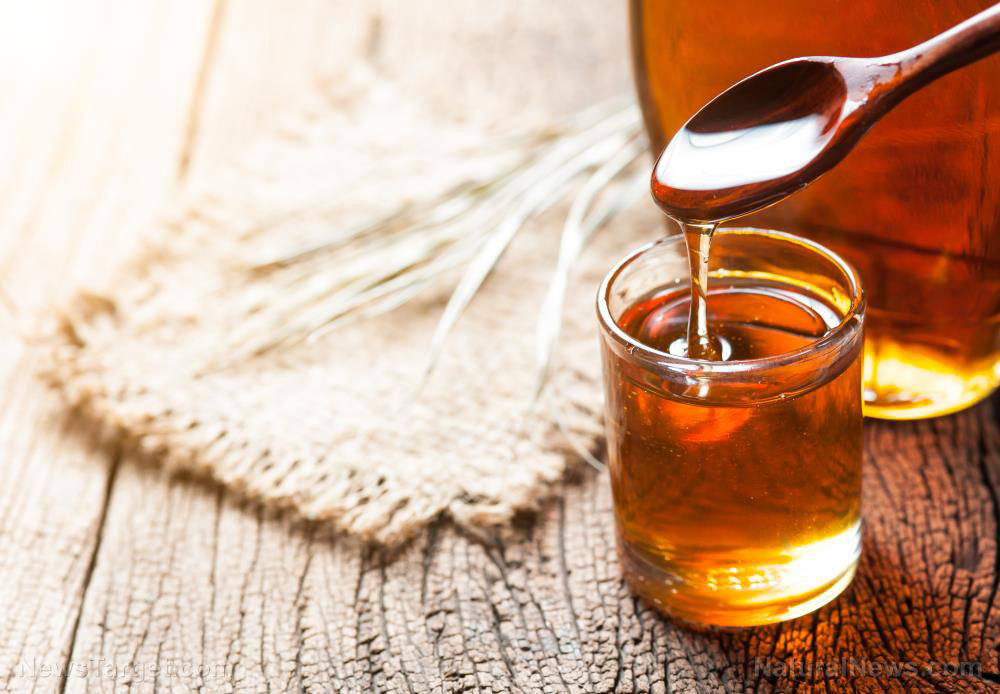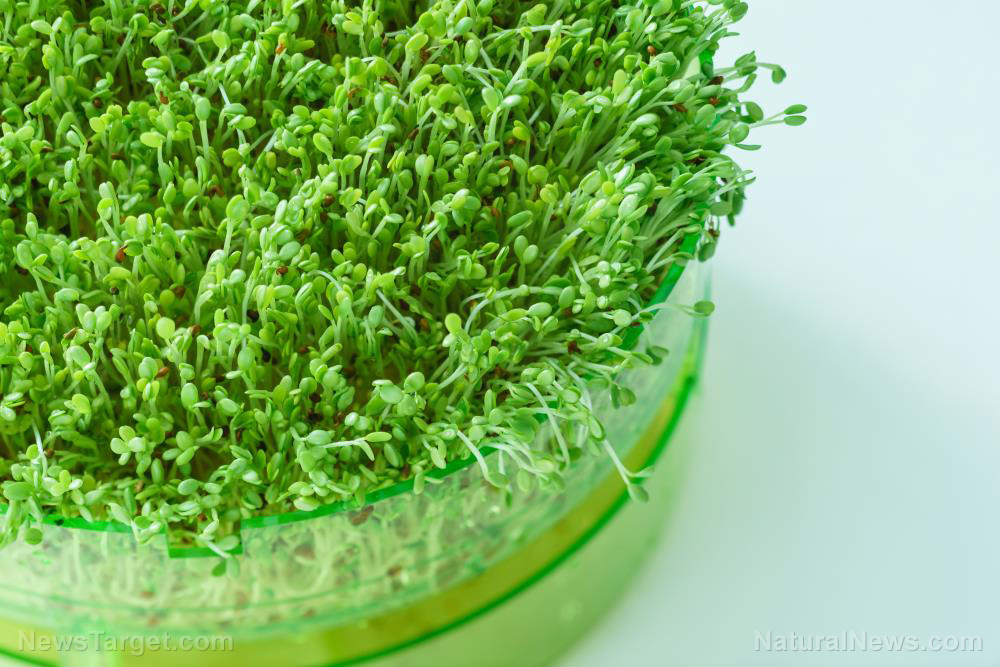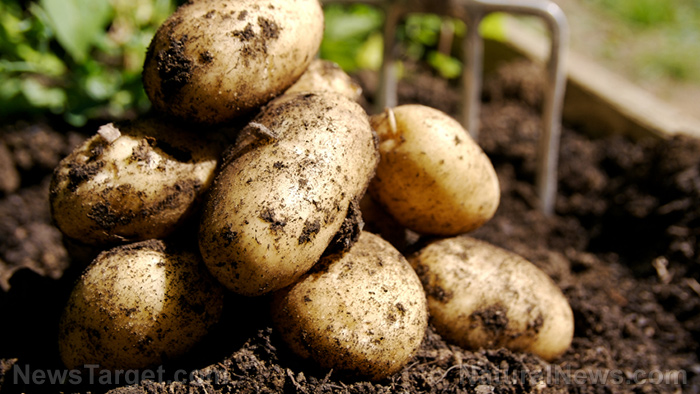Node flower allmania: Common weed found to be a natural larvicide against dengue mosquito
04/14/2021 / By Evangelyn Rodriguez
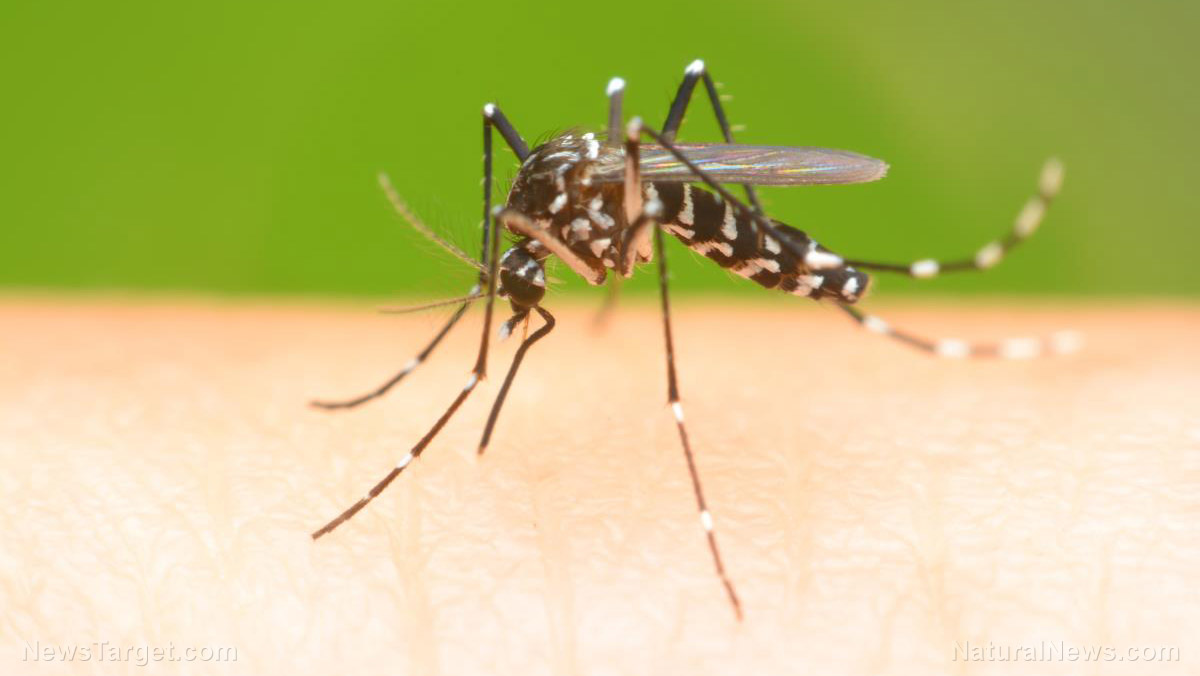
As a common carrier of diseases that affect humans and animals, mosquitoes are considered a serious threat by health experts. These insects often serve as vectors for some of the most serious and life-threatening diseases known to man. For instance, Culex pipiens, or the common house mosquito, is the carrier of the West Nile virus, which causes encephalitis or meningitis that can permanently damage brain tissue.
Female marsh mosquitoes from the genus Anopheles, meanwhile, play host to malaria-causing parasites and transmit the disease to humans during blood meals. And Aedes aegypti, also known as yellow fever mosquito, is known as a vector of well-known viral diseases, such as chikungunya, Zika fever and dengue fever.
Because of the serious threat posed by mosquito-borne diseases, scientific interest in natural larvicides — particularly those derived from plants — has grown in recent years. Unlike synthetic insecticides, which have allowed common vector species to develop resistance, natural larvicides are non-toxic, affordable, biodegradable and show broad-spectrum, target-specific activities against different mosquitoes. They also pose no threat to the environment and living organisms.
In a recent study, researchers at the PSG College of Arts & Science in India investigated the phytochemical composition and larvicidal activity of Allmania nodiflora, also known as node flower allmania. A member of the amaranth (Amaranthaceae) family of herbaceous plants, node flower allmania is widely used in traditional medicine. Its leaves, in particular, are useful for treating fever, snake bites and parasitic worm infections.
The researchers reported their findings about this natural larvicide in an article published in the International Journal of Herbal Medicine.
Node flower allmania can kill the larvae of dengue mosquitoes
The researchers prepared extracts from node flower allmania leaves using petroleum ether and ethanol as solvents. They employed gas chromatography and mass spectrometry to identify the phytochemicals present in the extracts.
The researchers reported that both the petroleum ether and ethanol extracts contained alkaloids, saponins, glycosides and plant steroids. However, only the ethanol extract of node flower allmania leaves contained tannins.
Further analysis of the ethanol extract led to the identification of nine active compounds, namely, oleic acid, 1,3-methylene-D-arabitol, rimantadine, 2,4,5-trimethyl-1,3-dioxolane, propanamide, phloroglucinol, pterin-6-carboxylic acid, 2,3-epoxyhexanol and L-Gala-L-ido-octose.
The researchers then used different concentrations (2, 4, 8, 10, 15 and 20 percent) of the node flower allmania extracts to evaluate their larvicidal activity against A. aegypti. They observed the highest mortality after 96 hours among larvae treated with the ethanolic extract. The lowest mortality was observed among larvae treated with the petroleum ether extract for 24 hours.
Based on these findings, the researchers concluded that the ethanol extract obtained from node flower allmania leaves is potent natural larvicide against A. aegypti, possibly owing to its tannin content. (Related: Microencapsulated compound from thyme essential oil kills larvae of dengue mosquitoes, study finds.)
Other uses of node flower allmania
Node flower allmania is native to East Asia and can be found in countries like Sri Lanka, India, China, Indonesia, Malaysia and the Philippines. Described as a common weed that grows on sandy soil, it is harvested from the wild and used as a source of food and medicine. The fresh leaves of node flower allmania are considered a green leafy vegetable and are rich in iron and vitamin A.
The ripe fruits and seeds of node flower allmania are also used for medicinal purposes, particularly for treating dysentery and constipation. Studies have also found that node flower allmania has plenty of medicinal properties, which include analgesic, anti-inflammatory, antioxidant, antimicrobial, antidiabetic and hypolipidemic (cholesterol-lowering) activities. In addition, the plant shows potential as a central nervous system (CNS) depressant.
There are plenty of medicinal plants like node flower allmania that possess larvicidal properties and can be used as alternatives to synthetic insecticides. Learn more about these natural agents at PlantMedicine.news.
Sources include:
IJLPR.com [PDF]
Tagged Under: dengue fever, dengue mosquito, discoveries, environment, green living, larvicide, node flower allmania, phytonutrients, Plants, prevention, remedies, research
RECENT NEWS & ARTICLES
COPYRIGHT © 2017 GREEN LIVING NEWS






